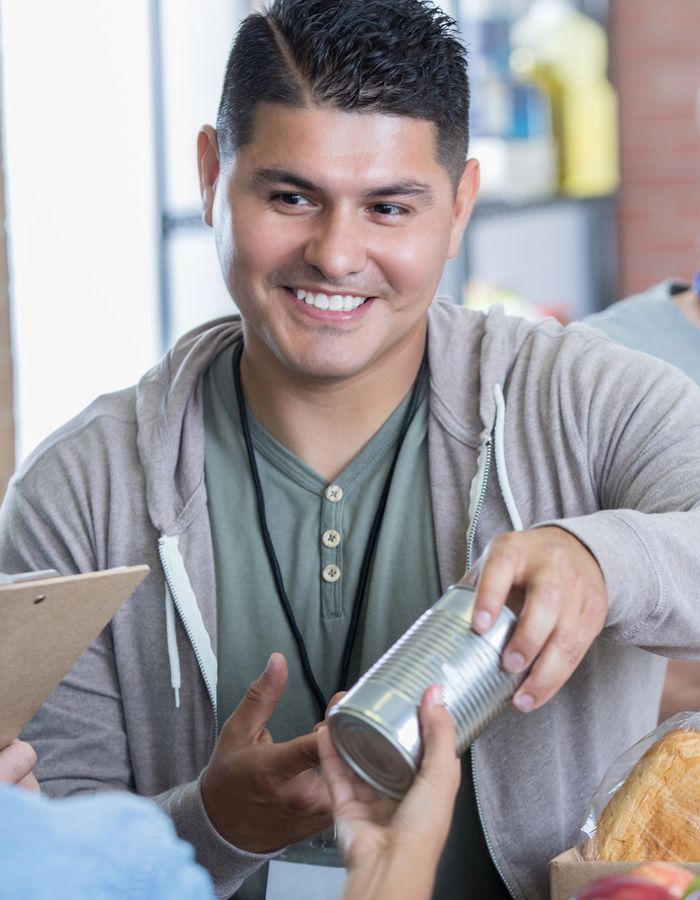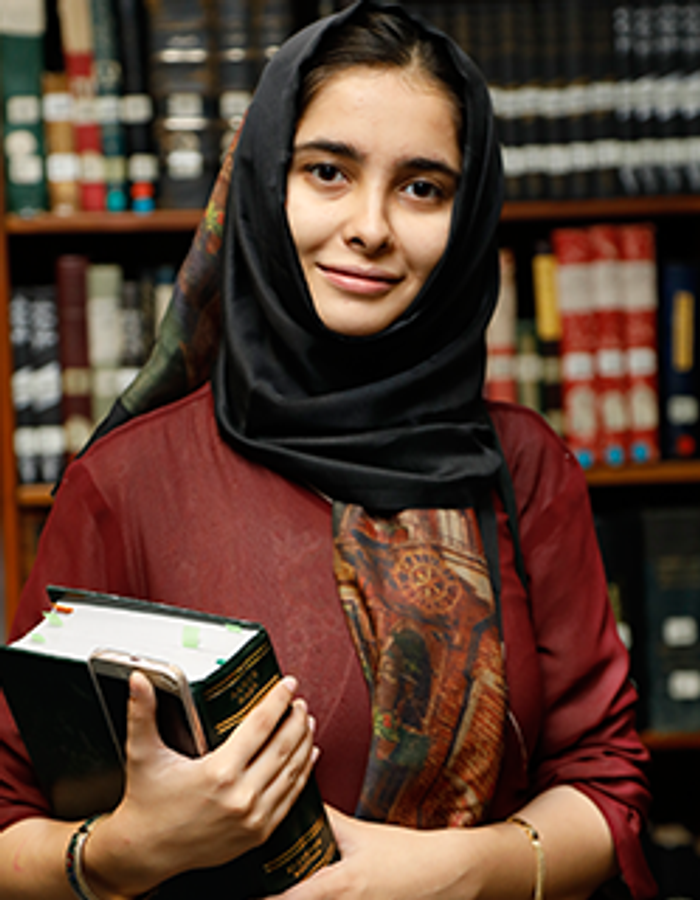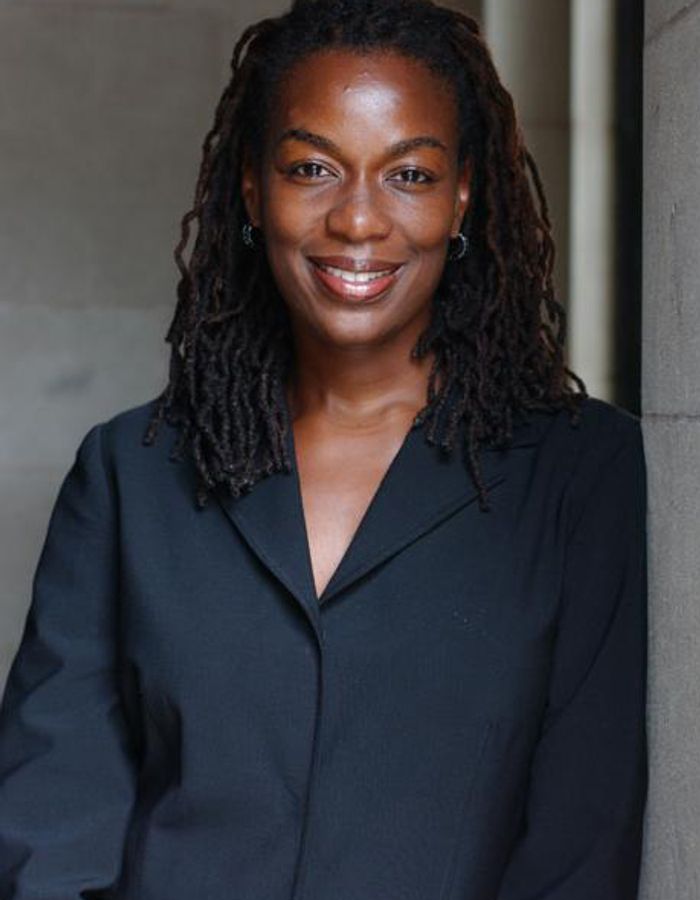Three amazing TED Talks for charities

Did you know that TED started as a one-off conference in 1984 where technology, entertainment and design converged? Hence the name today. They’re also a nonprofit whose mission it is to ‘spread ideas’.
One of the ways they do this is through their hugely popular Ted Talks. These are short – 18 minutes, or less – powerful talks by global speakers, on a range of topics.
Here are three Ted Talks that we think everyone who works for a charity should listen to:
How great leaders inspire action
Simon Sinek
In this Ted Talk, Simon Sinek talks about how great leaders are the exact opposite to everyone else. And the reason for their success is because they start with the ‘why’, not the ‘what’ or the ‘how’. This is essential viewing for everyone who works for a charity because you have to know WHY your charity exists and WHY you do what you do. It’s the golden thread for everything. If you can, do the Golden Circle exercise with your team or, if you’re a small charity, all your staff. It will be illuminating.
Quote of the talk: “… But very, very few people or organizations know why they do what they do. And by ‘why’ I don’t mean ‘to make a profit’. That’s a result. It’s always a result. By ‘why’ I mean: what’s your purpose?”
The way we think about charity is dead wrong
Dan Pallotta
Fundraiser and activist, Dan Pallotta, turns the way we think about charities on its head. Too many people believe that charities, or nonprofits, should be run with very little money – or even for free.
He argues that charities are rewarded for how little they spend when really they should be rewarded for their big goals and big accomplishments (even if that comes with big expenses.) There should be the freedom – and the permission – to try new things and to take the time to grow. Amazon didn’t make a profit for 6 years!
Quote of the talk: “When you prohibit failure, you kill innovation. If you kill innovation in fundraising, you can’t raise more revenue; if you can’t raise more revenue, you can’t grow; and if you can’t grow, you can’t possibly solve large social problems.”
What nonprofits can learn from Coca-Cola
Melinda Gates
What does Coca-Cola selling 1.5 billion servings every day around the world have to do with nonprofits? A lot, it seems. When Melinda Gates first visited India, she focused on what people didn’t have – clean floors, working toilets etc. But she was also struck by the one thing that everyone did seem to have – Coke! Coca-Cola is everywhere in developing worlds – even in hard to reach places – and it made her question how charities and nonprofits could be more present there too. If Coca-Cola can get their product into a small village, why can’t we get vaccinations there too?
Quote of the talk: “I feel that if we can understand what makes something like Coca-Cola ubiquitous, we can apply those lessons then for the public good. Coke’s success is relevant, because if we can analyse it, learn from it, then we can save lives.”
Which Ted Talks do you love? Share them with us by tweeting @Lightful.
Latest articles
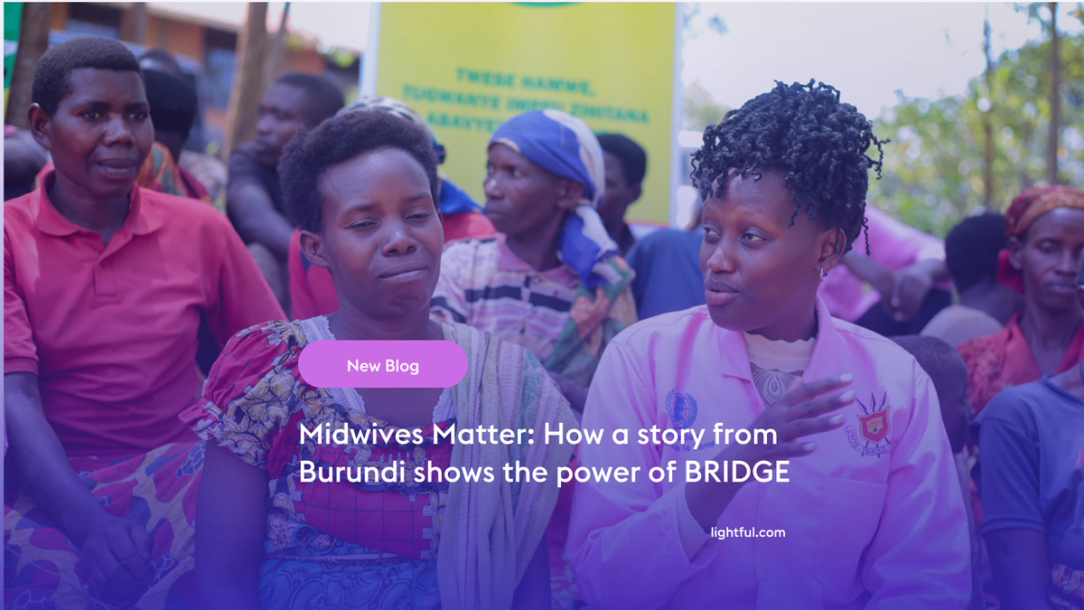
Over the past year, Lightful and the International Confederation of Midwives (ICM) have supported Midwives Associations across Africa, South Asia and the Eastern Mediterranean to build their digital confidence through our BRIDGE programme. These organisations were starting from very different places, but all shared the same goal: to use digital tools to strengthen their voice, raise their visibility and advocate for better outcomes for women and babies.
Related posts
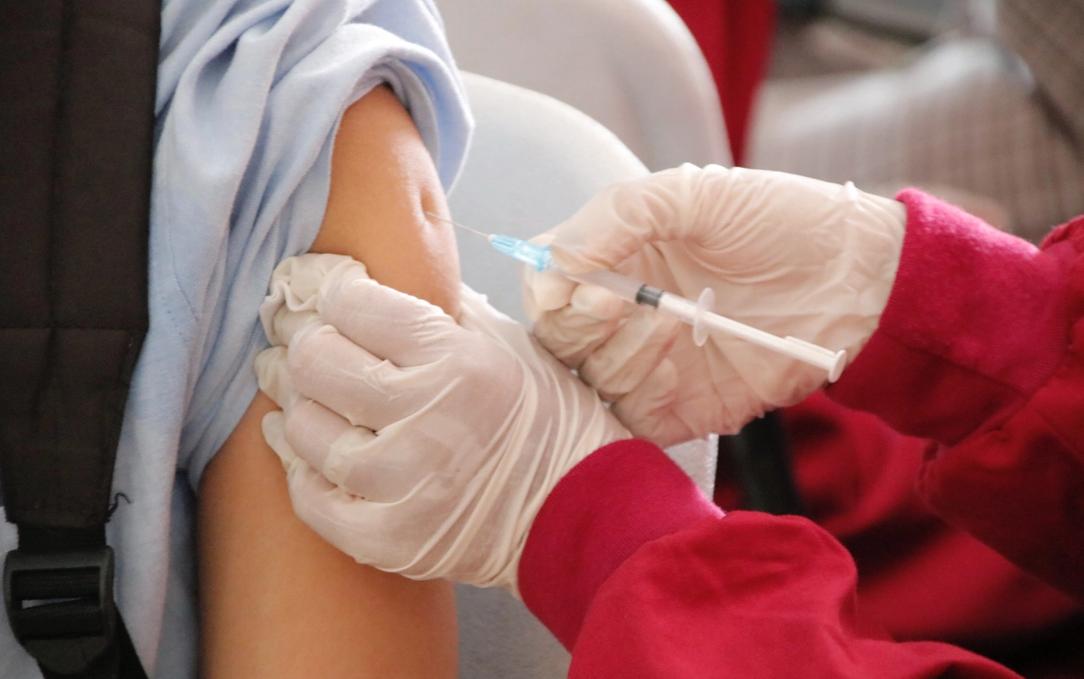
Despite the promising news of vaccines rolling out to combat COVID-19, mistrust and discord challenge their adoption. Concerns have been raised about the take-up of the Covid vaccine among Black, Asian and Minority Ethnic (BAME) communities that have been disproportionately impacted by the pandemic.
See who we help
Contact us
Want to learn more?
Email Jonathan and start a conversation




